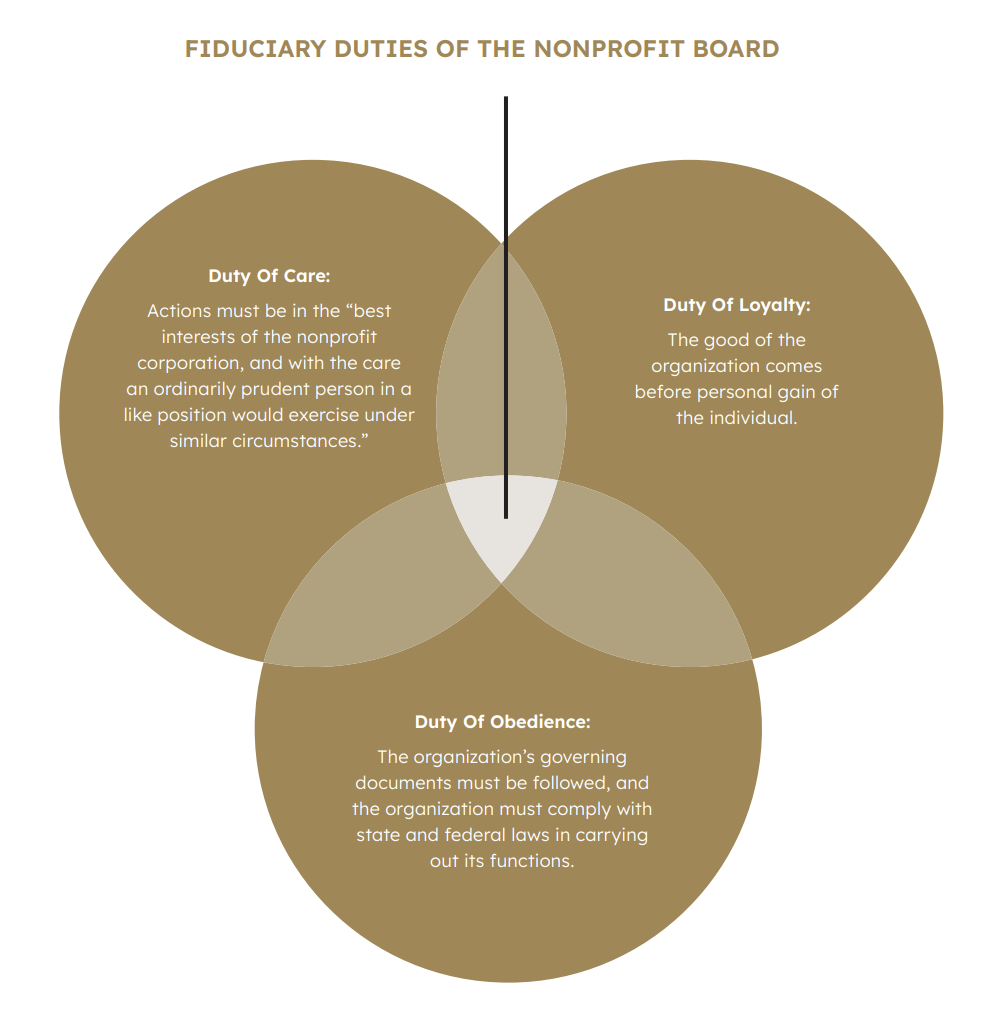Board Members seek to advance the mission of the organizations they serve and guide them towards impactful and sustainable futures. Knowing the responsibilities and expectations of the role of Board Chair and Board member can ensure both individuals and organizational success.

Board Chair Roles & Responsibilities
The board chair is the leader of the board and helps set the tone and culture for the board. Some key responsibilities include:
-
- Lead Board Meetings
-
- Create the agendas in consultation with the executive director
- Facilitate conversations and participation
- Assign follow-up where necessary
-
- Encourage Effective Decision-Making Processes
-
- Seek consensus over majority rule
- Actively invest in each board member’s development
- Ensure committee governance through the creation of committees, placement of committee chairs, and providing direction to those individuals
- Act as a board representative for the organization in the public
- Resolve conflict and issues that arise among board issues
-
- Serve as a Role Model for Fundraising
-
- Financially support the organization
- Encourage board members to perform appropriate fundraising roles
-
- Liaise to the Executive Director
-
- Act as the intermediary between board members and the Executive Director
- Play a major role in the Executive Director’s performance evaluation and providing feedback, as needed
-
- Lead Board Meetings
Board Member Roles & Responsibilities
-
- Ensure Healthy Governance
-
- Actively participate in meetings and board activities
- Develop cultural competancies for communities served by the organization
- Encourage effective board structure and processes
- Help recruit and orient new board members
-
- Lead Strategically
-
- Ensure strategic planning and execution of the strategic priorities
- Monitor and evaluate programs, outcomes, impact, and performance
- Create robust meetings that use time effectively
-
- Ensure Financial Stability
-
- Read and interpret financial statements
- Understand the organization’s operating business model
- Set a financial strategy for diverse revenue streams
- Ensure compliance and legal requirements are met
- Be accountable and transparent to consituents and the public
-
- Supervise and Support the Executive Director
-
- Ensure an executive director is in place and effectively leading the organization
- Support the Executive Director in meeting the strategic priorities outlined
- Provide an annual evaluation of the Executive Director and on-going feedback, as needed
- Attend to succession planning for the organization
-
- Be an Ambassador
-
- Be well versed in the organization’s “elevator speech”
- Support strategic alliances and collaboratives
- Participate in fundraising efforts
- Connect the organization to network. andcommunity groups you belong to
- Enhance the organization’s public image
- Speak on behalf of the organization to further the mission of the organization
-
- Ensure Healthy Governance
The tax and foundation planning information offered is general in nature. It is provided for informational purposes only and should not be construed as tax or legal advice. You are encouraged to consult an attorney or tax professional regarding your specific tax and legal situation.